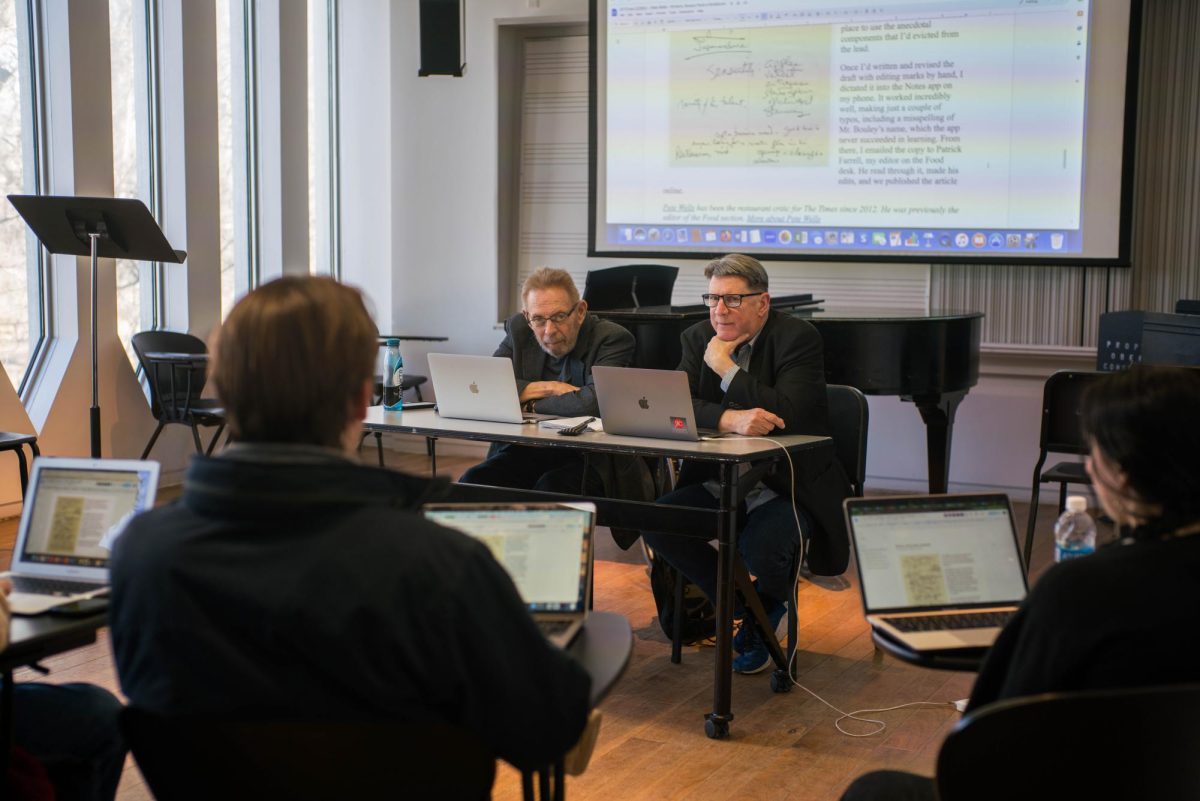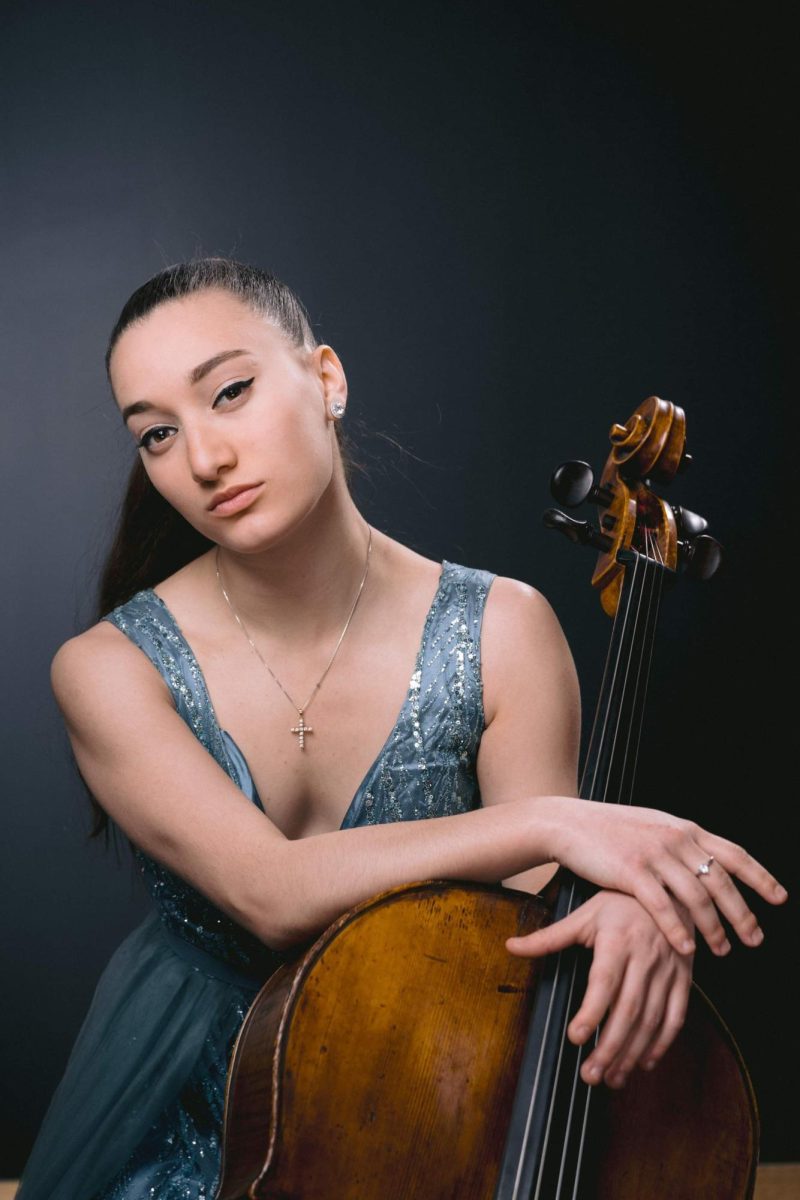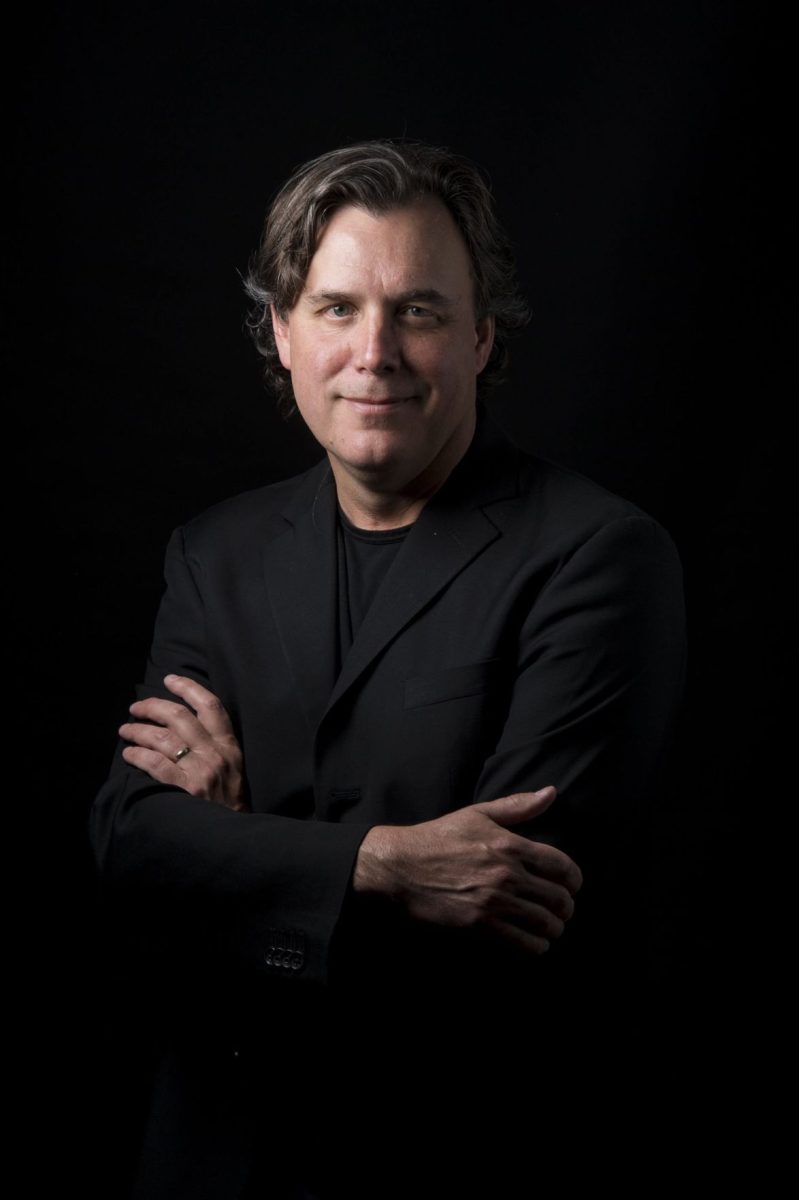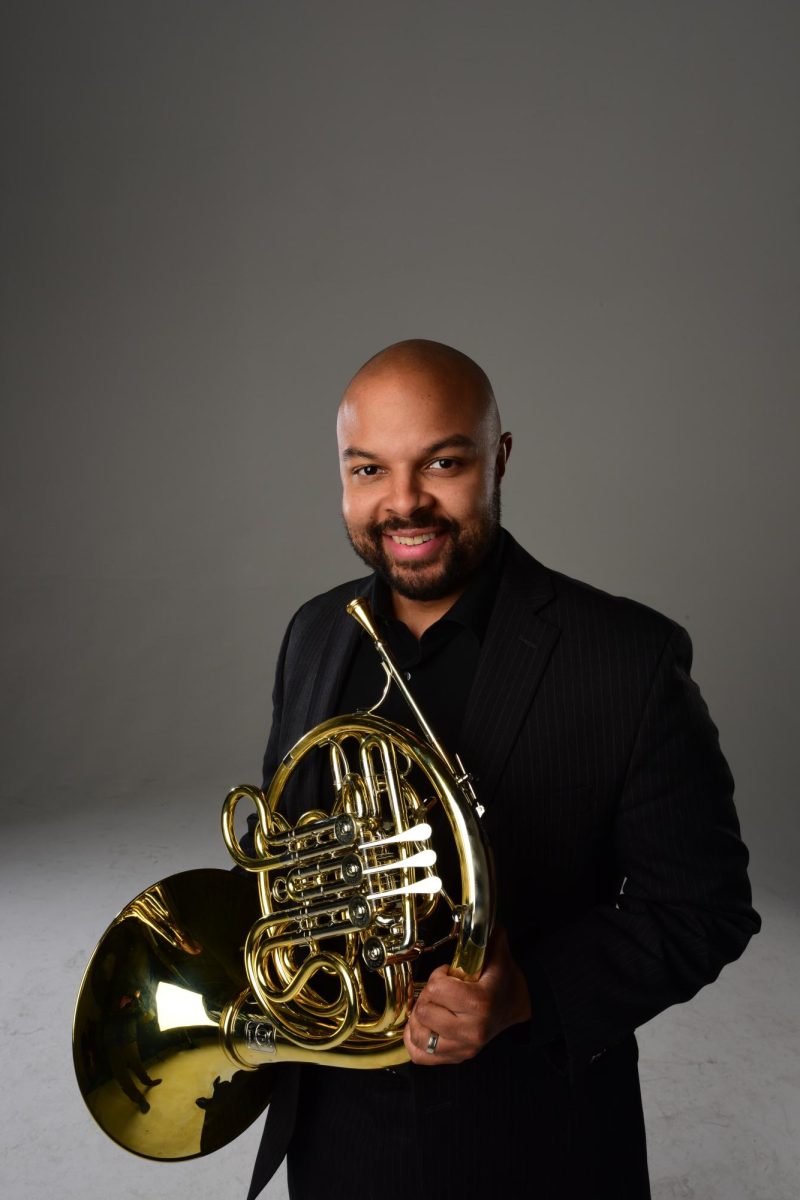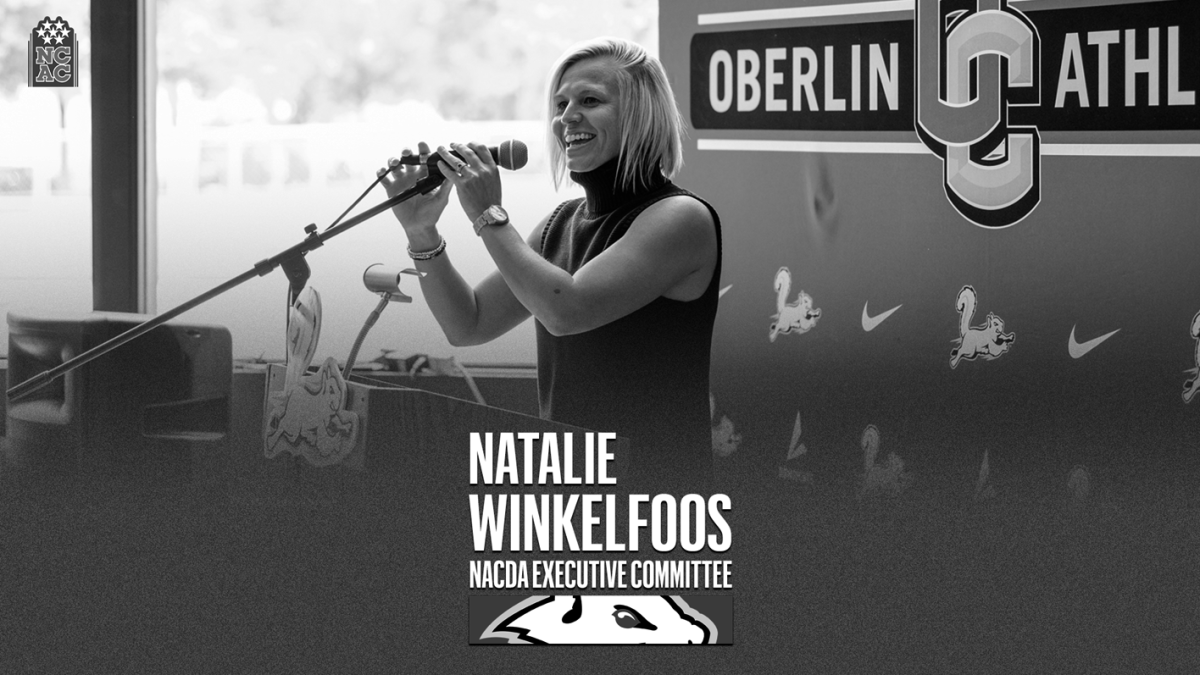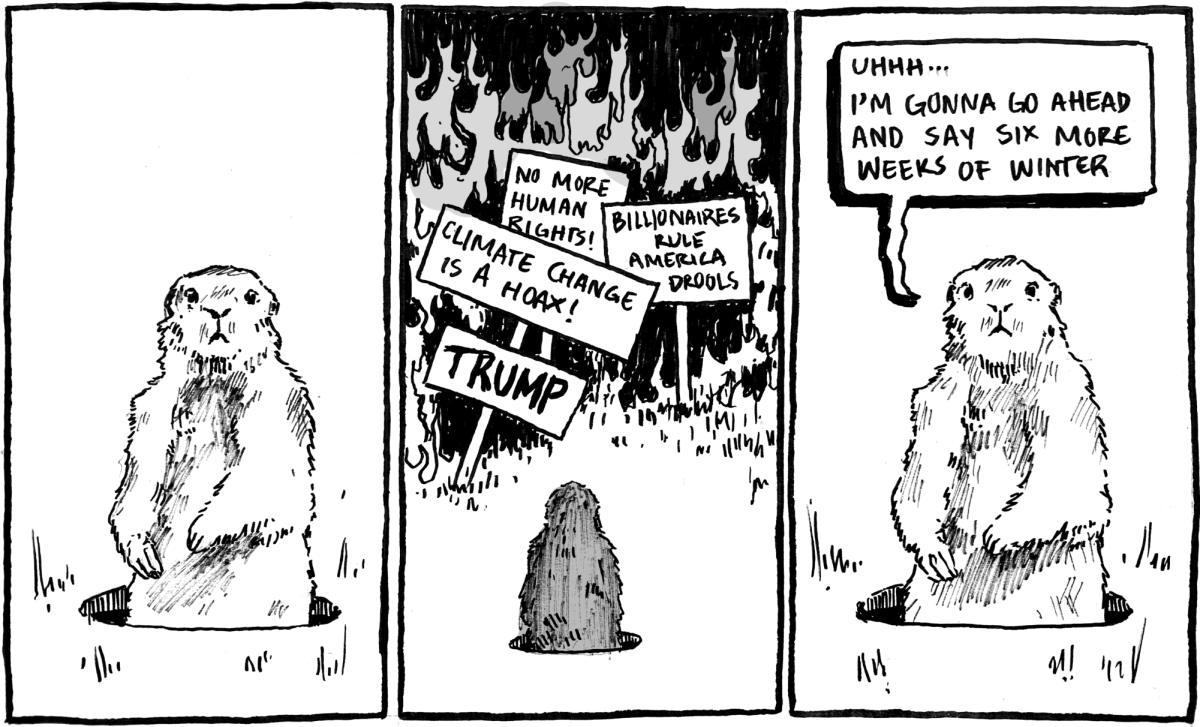Mike Telin, OC ’87, and Daniel Hathaway are visiting teachers of Music Journalism who have been reporting on the classical music scene in northeast Ohio since 2008. Their website, Cleveland Classical, has become one of the most respected digital publications in the region. They began teaching in 2011 as a way to prepare students for the San Francisco Conservatory of Music Rubin Institute for Music Criticism and have since continued to educate Oberlin students on music journalism.
This interview has been edited for length and clarity.
As musicians, how did you first get involved with music journalism?
DH: Through the back door. I was a journalist in the fourth grade; I ran a little neighborhood newspaper called The Inquiry Reporter in Topeka, KS — the copies of which are memorialized in the state historical society. I was the editorial editor of the Topeka High School newspaper. I wrote for magazines like The Yardling at Harvard, and in the course of being a musician, of course, you do a lot of writing — writing program notes, you write grants. All the time you’re putting words together. So that’s kind of how I did it. What happened with Cleveland Classical is that I left my post at Trinity Cathedral [Episcopal Church] after 31 years and was knocking around looking for something to do. I [had] been frustrated all these many years by not having listings of what I was doing at Trinity, so I started a web journal with a calendar in 2008.
MT: My foray into music journalism also kind of happened through the back door, although it was something I was always interested in, having been a working musician. Back when I was 16 I had a job at the Akron Beacon Journal in the circulation department, but during that period I noticed that the chief classical music critic for the paper was having a ham sandwich there. So I went up and introduced myself and said, “I’m going to be a musician, but I read you all the time, and I’m really interested in what you do.” We would get together every week and just talk about how to put into words what you’d hear [during a performance]. Right away I had a real interest in it. And then, you know, one thing led to another, and I, like Dan, [had] my first writing experiences through grant writing. So I’ve had really good mentors along the way. And when the opportunity came up, when Dan had started clevelandclassical.com, at first, I was like, “Oh, you know, I’m doing other things. I’m not sure I’m all that interested in it.” But a classmate of mine from Oberlin who was writing for Dan said, “You know, you should write,” and I started writing. If you educate yourself as you go along, the student finds the teachers, as they say.
How has the changing landscape of the music industry affected your work at Cleveland Classical?
DH: Well, the changing scene is that basically all the music critics who were working for major newspapers found themselves in peril, at one point of unemployment, and they’ve been falling like flies ever since. So that was one thing we kind of stepped into inadvertently. We joined the Music Critics Association of North America, which was made up of people who have made their living in music journalism and music criticism.
MT: [We were invited] to join Music Critics Association of North America, and there was actually some conversation behind the scenes as to whether or not we were a legitimate publication because we didn’t print — we were online-only — and what was going to happen if they started opening up the membership to everybody who ran a blog? So we were ahead of the game, and now everything is online. Even if your publication does happen to still be doing a print edition, it’s figuring out what’s going to go into the print and when does it go online. You know, back in the day, The Plain Dealer had two classical music critics, a dance critic, a theater critic, they even had a religion critic at one point, and all those positions are gone now. Now here we are, with a relationship with The Plain Dealer to supply Cleveland Orchestra reviews for them. So that’s very interesting to see how that has happened. Another thing that gets missed is the role of the press in supporting artists — especially up-and-coming artists — who are trying new things, who want to get their word out. So there’s this symbiotic relationship that music journalists have with artists themselves, and then vis-a-vis the presenters, and then ultimately the audience.
In light of the recent downsizing of Pitchfork by Condé Nast and the ever-expanding accessibility of music, do you think there is still a place for music journalism?
DH: There’s a need for certain things. For instance, one of our big leaps ahead was when the Akron Symphony called and said, “We’re doing a concert here, could you come and review it? Because the Akron Beacon Journal just downsized and took their classical reviewer off.” We’ve spent decades making good relationships [with the Akron Beacon Journal], we don’t want to go down a slippery slope. We said, “we’ll do a preview, we’re happy to write an article about your concert.” But they said, “No, we need a review for sponsors.”
MT: I don’t think it’s ever going to die. It’s been around since the beginning of time, and so the need for music journalism still exists. In fact, the need is probably greater than it’s ever been. It’s just finding a way to make this happen. People are out there, people want to write — the sad part is how are people going to make a living doing this? Or is it always just going to be another tool that people have in their toolbox? Hopefully, they’ll be compensated for doing it, but people want to write and artists want to be written about, and that is fundamentally never going to change.


